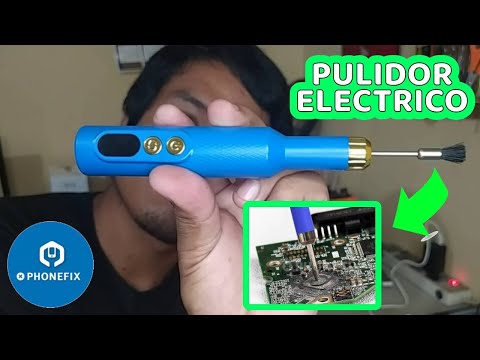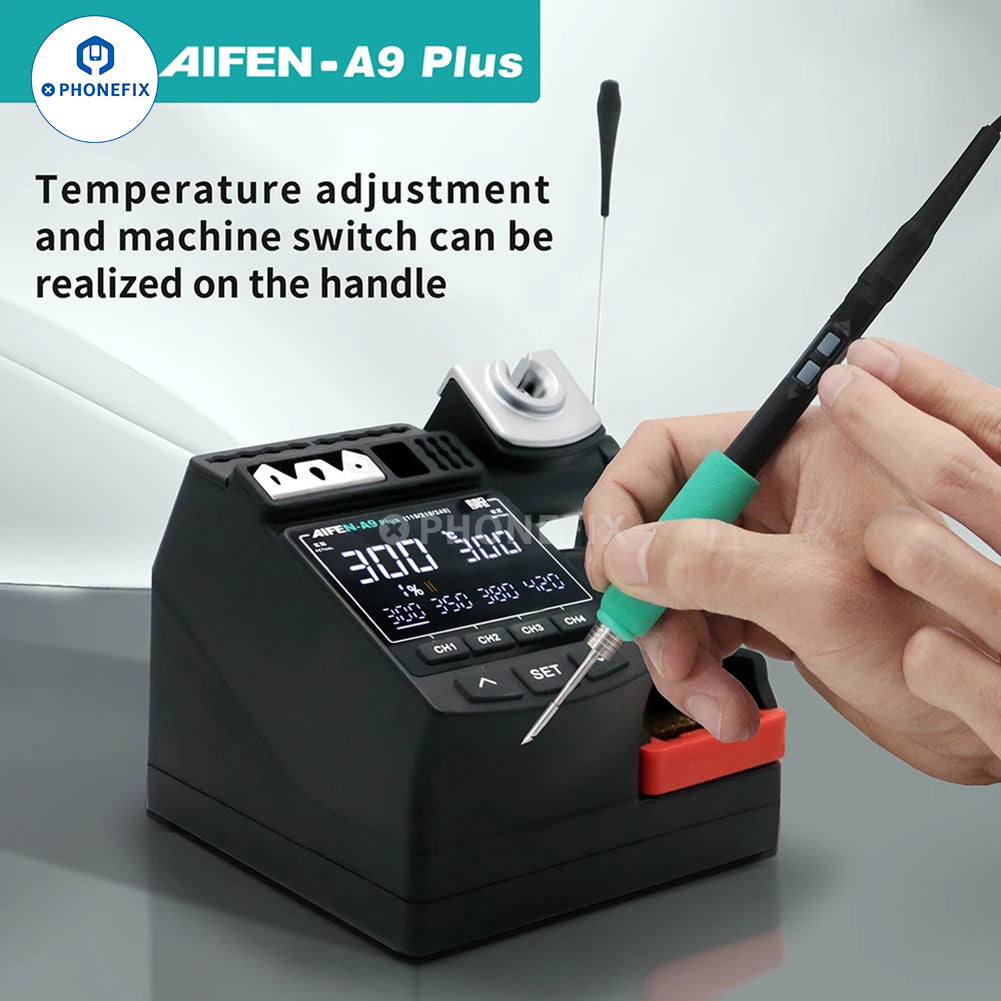
Industrial cameras today operate everywhere, not only in industry but also in our everyday life. They are quite diverse in terms of operation principle, both in design and in functionality.
Some factors to be considered while choosing the camera include the performance of the sensor, the interface technology, image transfer, camera features, and compatibility with the desired vision application.
What is an Industrial Camera?
Industrial cameras control the production cycle, track units across the supply chain, and inspect even miniature components. It is a kind of camera that is specifically made to perform under unfavorable conditions.
It has wide applications such as production, medicine, science, traffic control, and especially in industrial automation and robotics.
Production applications generally leverage machine vision and need high-resolution images and the ability to transfer data quickly. Industrial cameras come in handy for this purpose. These industrial machine vision cameras work via the following interfaces:
- CameraLink
- CoaxPress
- FireWire
Let's look at how industrial cameras differ from ordinary cameras in detail.
1. Accuracy
The highest resolution camera is industrial one. On average, the best devices can shoot images with a resolution of up to 150 million pixels (150 MegaPixels).
Related Article:
Which Industrial Camera Should You Buy: HD, FULL HD, 4K(UHD)?
Industrial cameras often doing quality control operations. Such tasks involve a high accuracy of results. Therefore, this equipment has a high resolution and high-quality image processing.
2. Reliability
Industrial cameras commonly have sturdy housing that protects the internal mechanisms from dust, rain, humidity, etc. durable materials such as metals and reinforced plastics are used in industrial cameras. Therefore, such devices can stand non-standard and even harsh conditions. They also have much longer life cycles.
3. Operating principle
Industrial cameras' design is different according to different tasks. Thus, these devices use enhanced measures for mounting Camera Lenses, different kinds of additional filters, special software, and integration with industrial interfaces.
They are integrated into networks via industrial interfaces. A PC and special software often carry out the operation of industrial cameras. 
Clearly, industrial cameras are complex equipment that requires additional parts. Therefore, its price is also much higher than the regular cameras.
In this blog post, we discussed what an Industrial Camera is, followed by its importance and applications. Lastly, we understood the key differences between regular cameras and their industrial counterparts.
Industrial cameras increased requirements for reliability, quality of work and resistance to environmental influences unite them. Phonefix is a reliable industrial products supplier and you will find a lot of different equipment in our store. Browse now and it will help you with choice!
Related Article:
Purchase Industrial Cameras - You Must Know These Things












